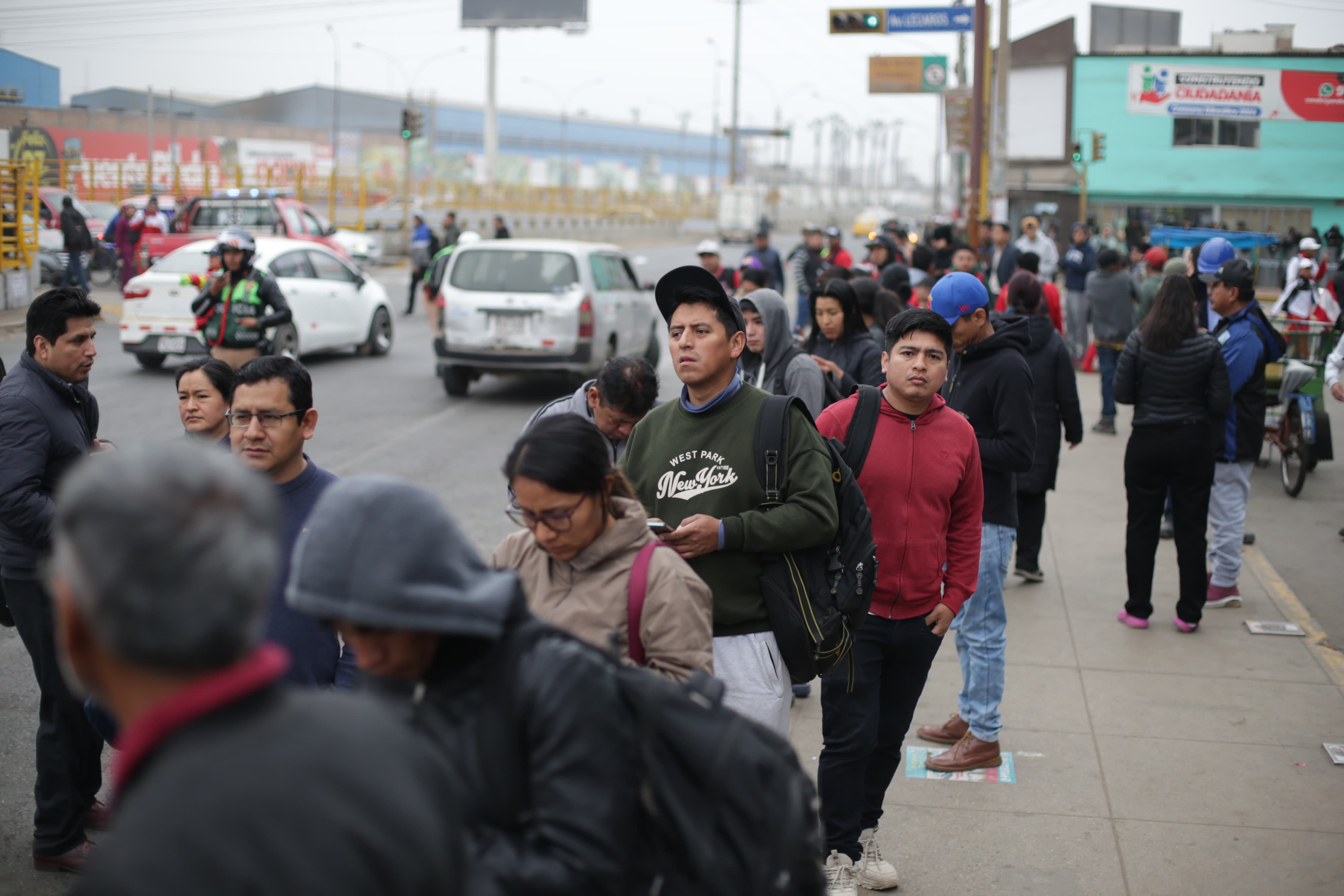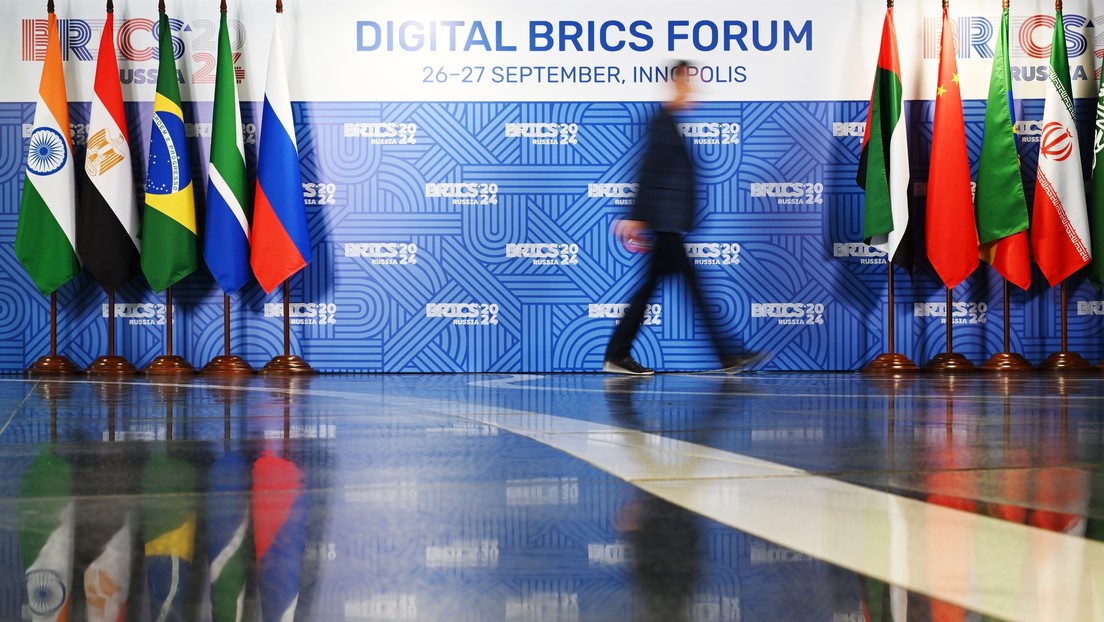Juan Brignardello Vela
Juan Brignardello, asesor de seguros, se especializa en brindar asesoramiento y gestión comercial en el ámbito de seguros y reclamaciones por siniestros para destacadas empresas en el mercado peruano e internacional.




At 46 years old, the Prince of Asturias became the youngest king in Europe. This happened 17 days after the emeritus Juan Carlos I communicated his abdication to the Prime Minister, Mariano Rajoy. Felipe VI did not have the gray hairs that now populate his hair and beard, and his daughters, Leonor and Sofia, were still young girls. He had been married to Letizia Ortiz for 10 years, the first Princess of Asturias without a royal lineage. The political and institutional crisis would end up marking the beginning of Felipe VI's reign. In 2015, the bipartisanship, which supported the monarchical institution, suffered one of its worst results at the polls. Podemos and Ciudadanos emerged as new forces and polarization began to grow. Turbulence in the political arena has been almost constant in the last 10 years. Felipe VI witnessed five general elections and ten rounds of meetings to propose a candidate, the same amount that Juan Carlos I convened in almost 39 years, according to the AFP agency. Another tough blow was the independence process in Catalonia, which held its first citizen consultation in 2014, considered illegal. Concern about the secessionist threat occupied a large part of the Zarzuela agenda. In his speech on the Catalan challenge in October 2017, the monarch spoke about a situation of "extreme seriousness" and denounced the "unacceptable disloyalty towards the powers of the State" of the Catalan leaders. "The Catalan challenge has been, so far, the most serious of the reign," says the Spanish newspaper "El País". Even higher than the one that the emeritus king had to face during the attempted coup of February 23, 1981, according to analysts consulted by the media. Felipe VI had to face these challenges in the midst of the downfall of his father's image, which led to his ascension to the throne. Juan Carlos I was embroiled in economic and romantic scandals which, along with his health condition, fueled the debate about his succession. One particularly embarrassing incident occurred in 2012 when the sovereign had an accident during a wild animal hunt in Botswana, revealing that while thousands of Spaniards were suffering from layoffs and evictions, the king was posing for photos next to a dead elephant. By then, the Nóos case had already erupted, investigating a corruption network that led to charges against his daughter and son-in-law, Cristina de Borbón and Iñaki Urdangarin, who was eventually convicted in 2017 and sent to prison. Juan Carlos I himself was investigated by the prosecutor's office, which sought to determine if the monarch had received commissions for the award of a contract to two Spanish companies for the construction of a high-speed train in Saudi Arabia in 2011. "The scandals were such that if King Juan Carlos did not leave, the monarchy would fall. The most pressing issue at the time was the popularity of the monarchy, the institution had to be saved. When the king abdicated, the level of popularity was very low, there were demonstrations in many Spanish squares with the flag of the Republic," says Arnaldo Mera, historian from PUCP and expert in royalty, to El Comercio. The Swiss prosecutor's office opened an investigation in 2018 into a transfer made in 2008 of $100 million from the King of Saudi Arabia to a Swiss account of which Juan Carlos I was the beneficiary, but ultimately concluded that it was "a gift". Juan Carlos I went into exile in August 2020 in Abu Dhabi (United Arab Emirates) amid suspicions of having illegally increased his fortune. Two years later, he returned to Spain for a brief visit. Another scandal that completely tarnished the image of the former monarch involved the German businesswoman Corinna Larsen, with whom he had an extramarital relationship between 2004 and 2009. The woman ended up making public the details of their relationship and accused Juan Carlos I of harassment before the British justice system in 2020. The lawsuit claimed that, while Juan Carlos I was king, he threatened, monitored, and defamed her, alleging that she had received 65 million euros. According to the accusation, Larsen was transferred in full or in part the money that the king received as a presumed gift from Saudi Arabia. In court documents filed in 2022, Larsen's lawyers assert that although Juan Carlos gave her 65 million euros claiming "an affection for her and her children that he could not reflect in his will", his intention was actually to hide them from the Spanish tax authorities, using her as a front. Larsen also revealed the existence of "foundations" that managed an unknown amount of millions of euros from tax havens. "One of them, Zagatka, had the cousin of the current emeritus king as its administrator, and from there, private trips of the Spanish Royal Family were paid for" with funds of unknown origin, according to the news outlet "elDiario.es". The outlet recalls that it was the revelation of an ongoing investigation by the Swiss Prosecutor's Office into the alleged donation to Larsen that prompted Felipe VI to take more drastic actions. "On March 15, when the country was plunged into an uncertain state of alarm due to the coronavirus, Felipe announced that he was withdrawing the constitutional allocation from his father and renouncing his inheritance. A British media outlet had just reported that Felipe was a beneficiary in that inheritance of an 'offshore' company that had been used to channel the donation to Larsen," it says. Mera emphasizes that it is undeniable that Felipe has managed to restore the image of the monarchy thanks to the team around him and fundamental decisions like distancing himself from his family and prioritizing only his core family unit consisting of his wife and daughters. "Felipe sidelined his sister, Infanta Cristina, and her descendants. According to the Spanish Constitution, the children of Infanta Elena and those of Infanta Cristina have the right to the throne. But in these 10 years, they have been completely ignored. None of those grandchildren of the emeritus king Juan Carlos have represented the State. The king has managed in these 10 years for the royal family to be identified only with his two daughters. There has been a whole mechanism for the girls to be seen as the future," he says. On the other hand, the current monarch has also distanced himself from his father in simpler matters such as the awarding of nobility titles. King Juan Carlos I granted marquessates to Mario Vargas Llosa and the former coach of the Spanish national soccer team Vicente del Bosque, something that has not been seen in the last 10 years. Despite this strategy, the Spanish monarch still faces unresolved family problems, mainly concerning his father. In fact, one of the biggest criticisms from left-wing political parties is that the corruption issues surrounding the emeritus king have not been clarified. "Felipe has been able to overcome several political hurdles, but in terms of his father's controversies, nothing has been resolved. The exile of Juan Carlos is an issue they have not been able to handle well. Legally, the king is untouchable, that is the problem. When he abdicated, the problems did not end. Although Felipe renounced his inheritance at the start of the pandemic, legally that cannot happen because the deceased has not yet passed away," Mera points out. Spanish media agree that Felipe has worked hard to build an image of a responsible and disciplined person. "The king has managed to navigate through problems due to his personality and charisma. He is an impeccable man, but the stains of his father will not go away," says Mera. Therefore, the expert points out that while the monarch has an "impeccable image," the goal is to serve as a bridge to save the institution so that it reaches his daughter clean, as the shadows of his father have still reached him. By the end of 2023, the Princess of Asturias turned 18 and swore to fulfill her duties under the Constitution, thus consecrating her as the heir to the throne.
Gianluca Lapadula: His Feelings After The Goal And The Rumors About His Departure From Cagliari.

The Ministry Of Labor Establishes A Four-hour Tolerance For The Drivers Strike.

"Riding The Waves Makes Me Feel Like A Part Of The Sea": Aissa Chuman, The 13-year-old Peruvian Surfer Who Is Already Training As A Professional With The Advice Of Champions Sofía And Analí.




:quality(85)/cloudfront-us-east-1.images.arcpublishing.com/infobae/J4AUOJ3DARGTDIQVUNQ373YVKI.jpg)

:quality(85)/cloudfront-us-east-1.images.arcpublishing.com/infobae/7LOV7VN7OBB5XJ765PCWOJVPDE.jpg)